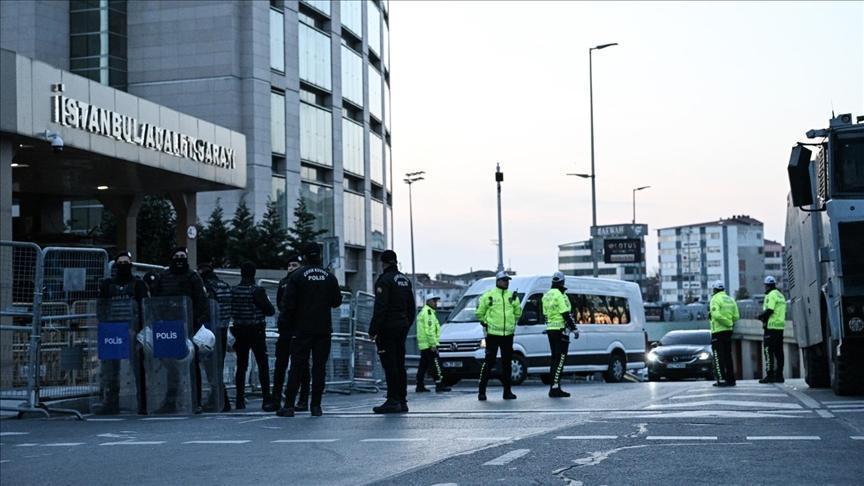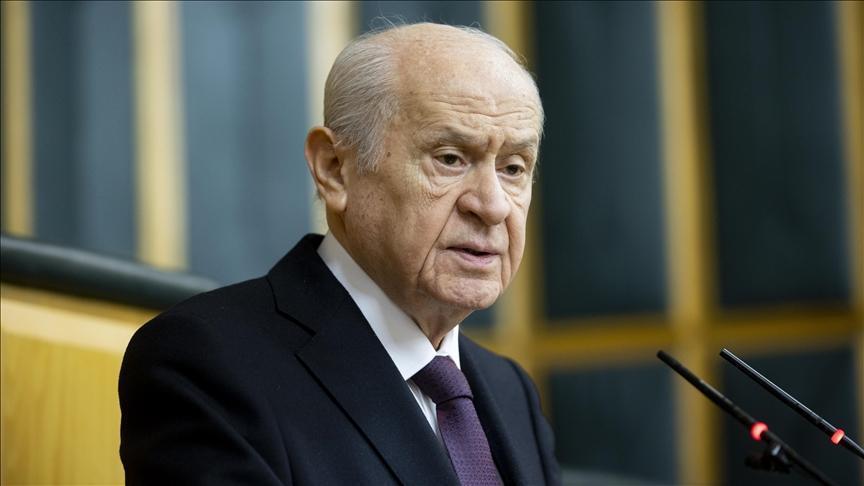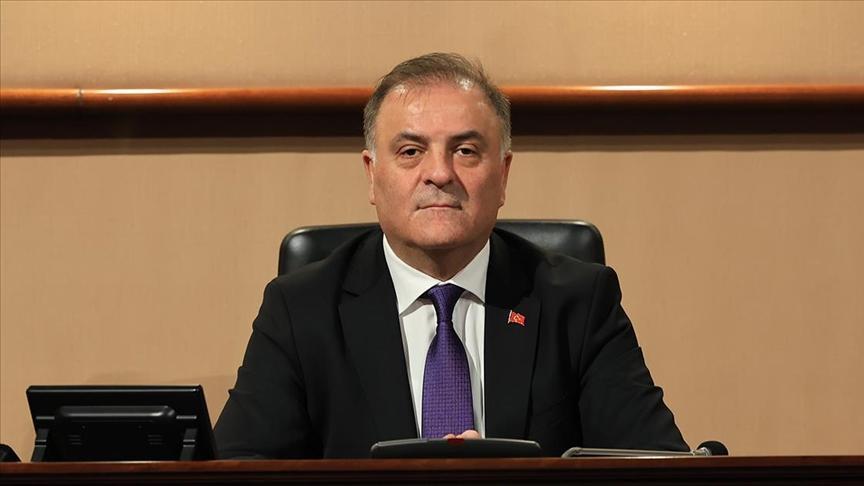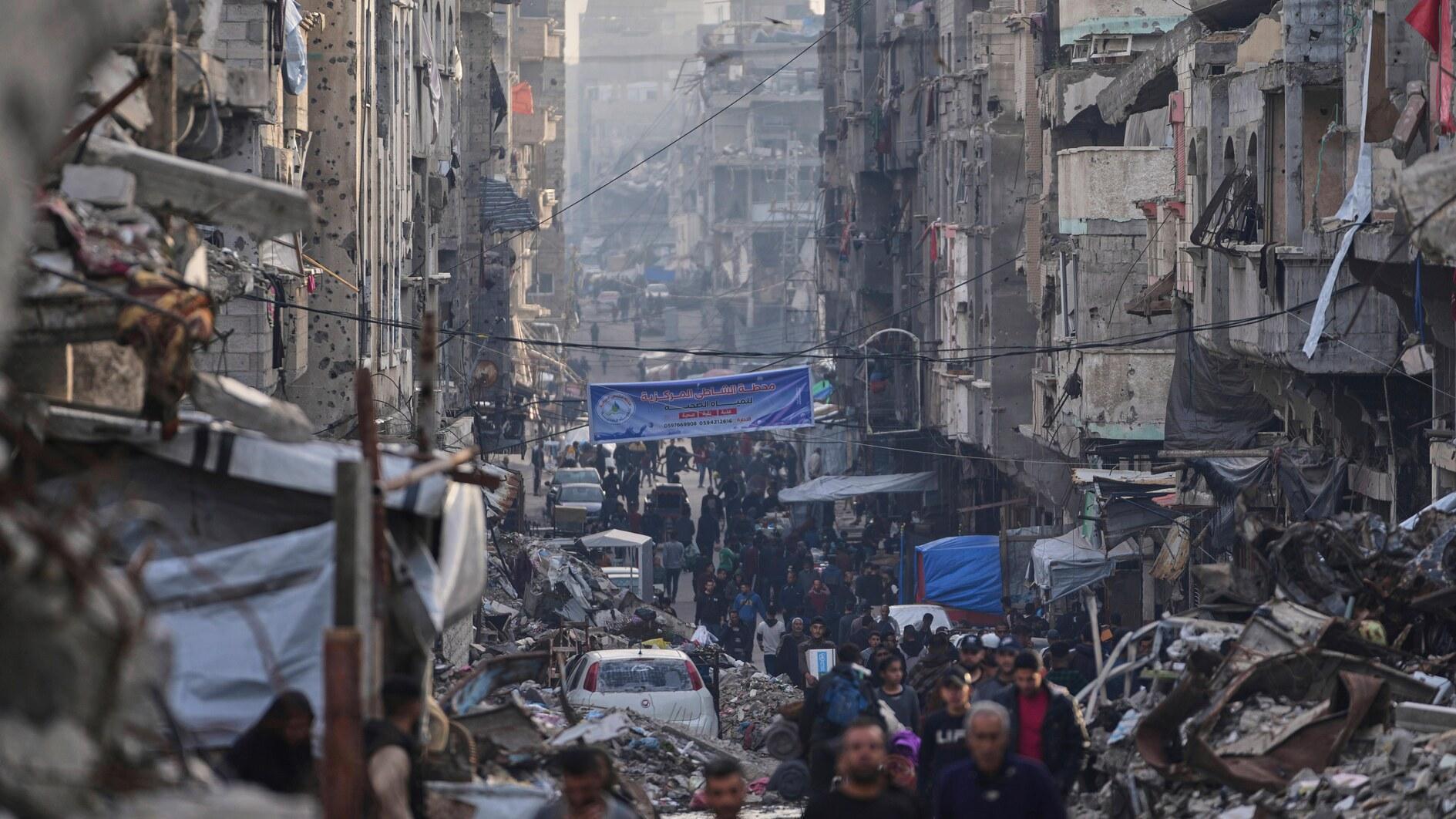Time to heal the Turkish Armed Forces
After months of silence, Turkey’s silent powerhouse has gradually shown signs of opening itself up to the public again. Last week, the Turkish Air Force War College in Istanbul hosted academics and Air Force commanders from more than 30 countries in the first International Air Warfare History Symposium. Before that, the Navy twice invited journalists to its base in Gölcük. First, for the sending of African Mission Group ships and afterwards for a press visit for the submarines. So what is really going on behind closed doors in the Turkish General Staff?
Turkey’s military is going through some very important internal rehabilitation and restructuring. The wounds of the Ergenekon and Balyoz trials are still very much open. More than these, the so-called “Espionage Trials” in İzmir and Istanbul have paralyzed the Navy. The rank and file has been so badly bruised that newly assigned and promoted officers have had a hard time filling the positions. The sailors who were recently acquitted or released are still bitter about the legal eagles of the Turkish General Staff in Ankara. “Nobody defended us,” they say in quiet conversations, “They just left us in the woods, at the mercy of very political prosecutors with no legal help, and with no rebuttal of the fake evidence that ruined us.”
So basically, Chief of General Staff Gen. Necdet Özel’s team in Ankara is working day and night to reclaim the reputation of the military and to keep morale high. This may be well be called “mission impossible.” The recruitment levels are very low. Even for the highly coveted non-commissioned officer positions that pay around 3,500 Turkish Liras per month for serving in the southeast, the application levels have not reached 1,000. The young Navy officers who I met in the Gölcük Base were worried that after them there may not be enough young men or women to pick up the flag. “For us, it is still an ideal,” they said proudly, “But we may have a harder time convincing young men and women that this is more than just a salary-paying 9-to-5 job.”
While healing the wounds of the past decade, the military is also reshaping its force structure and its intellectual capabilities. In his speech at the Air Warfare Symposium History Symposium in Istanbul, Air Forces Commander Gen. Akin Öztürk specifically touched on the issue of the human factor, despite all the technological breakthroughs in the field. His words also included a self-evaluation of the Uludere (Roboski) incident, which almost destroyed the reputation of the Air Force:
“First of all, the human factor is just as important as equipment and numbers. It is important to realize that victory is always achievable, despite outstanding odds and lack of equipment,” Gen. Öztürk said, ”Producing operational plans according to the available intelligence is not good enough. We need to strive for a position where we can produce intelligence according to how we would operate.”
Indeed, Turkey’s security experts and soldiers have reason to be worried. Recent intelligence reports show a surge in the number of Kurdistan Workers’ Party (PKK) militants leaving northern Iraq and moving into Turkey for a possible summer showdown. The peace talks between the PKK’s jailed leader Abdullah Öcalan and the Turkish National Intelligence Organization (MİT) are still going smoothly, but sources report firing incidents in the countryside of Şırnak and Hakkari. In his weekly party speech in Parliament, BDP Co-chair Ertuğrul Kuürkçü stressed the tension between locals and soldiers in garrisons around Hakkari. Enlisted soldiers in the area have reportedly complained to their superiors that “their hands are basically tied” in the routine security patrols, unable to fire a single bullet even if they receive fire from the PKK.
Peace in the southeast is very fragile and precarious and the Turkish military probably knows this more than anyone else. To heal the wounds of the past and re-create a powerhouse, Prime Minister Recep Tayyip Erdoğan has to lend a hand to Turkey’s soldiers and their families. Pushing for the release of the jailed former General Engin Alan, once a Commander of the Special Forces and now an MP from the Nationalist Movement Party (MHP), would be a good beginning to boost the morale. Then visits to the barracks and garrisons should come. The Ergenekon and Balyoz cases have created such a big trauma in NATO’s second biggest army that it will take at least a decade to win the hearts and minds again.











